The Google experience over the last week—and I can say ‘week’ because there were still a few browsers showing blocks yesterday—reminds me of how brands can be resilient.
First, I know it’s hard for most people to believe that Google is so incompetent—or even downright corrupt, when it came to its bypassing Safari users’ preferences and using Doubleclick to do it (but we already know how Doubleclick bypassed every browser a couple of years ago). People rely on Google, Google Docs, Google Image Search, or any of its other products. But there’s something to be said for a well communicated slogan, ‘Don’t be evil.’ Those who work in computing, or those who have experienced the negative side of the company, know otherwise. But, to most people, guys like me documenting the bad side are shit-stirrers—until they begin experiencing the same.
Maybe it doesn’t matter. Maybe it’s OK for a small publication to get blacklisted, or people tracked on the internet despite their requests not to be. But I don’t think we can let these companies off quite so easily, because there is something rotten in a lot of its conduct.
By the same token, maybe it doesn’t matter that we can’t easily buy a regularly priced orange juice from a New Zealand-owned company in our own supermarkets. Most, if not all, of that sector is owned by the Japanese or the Americans. We haven’t encouraged domestic enterprises to be global players, excepting the obvious ones such as Fonterra.
However, most people don’t notice it, because brands have shielded it. The ones we buy most started in this country, by the Apple and Pear Marketing Board.
And like the National Bank, which hasn’t been New Zealand-owned for decades, people are happy to believe they are local. It was only when the National Bank changed its name to ANZ, the parent company, that some consumers balked and left—even though it was owned and run by ANZ for the good part of the past decade.
Or we like to think that Holden is Australian when a good part of the range is designed and built in Korea by what used to be Daewoo—and brand that died out here in 2003. Holden hasn’t been Australian since the 1930s, when it became part of GM—an American company. However, for years it had the slogan, ‘Australia’s own car,’ but even the 48-215, the ur-Holden, was American-financed and developed along Oldsmobile lines.
Similarly, Lemon & Paeroa has been, for a generation, American.
Maybe it’s my own biases here, but I like seeing a strong New Zealand, with strong, Kiwi-owned firms having the nous and the strength to take on the big players at a global level.
We can out-think the competition, so while we might not have the finances, we often have the know-how, that can grow if we are given the right opportunities and the right exposure. And, as we’ve seen, the right brands that can enter other markets and be aspirational, whether they play on their country of origin or not.
Stripping away one of the layers when it comes to ownership might get us thinking about which are the locally owned firms—and which ones we want to support if we, too, agree that our own lot are better and should be stronger.
And when it came to Google, it’s important to know that it has it in for the little guy. It’s less responsive, and it will fence with you until you can bring a bigger party to the table who might risk damaging its informal, well maintained and largely illusionary corporate motto.
We only had Blogger doing the right thing when we piggy-backed off John Hempton having his blog unjustifiably deleted by Google, and the bad press it got via Reuter’s Felix Salmon on that occasion.
We only had Google’s Ads Preferences Manager doing the right thing when we had the Network Advertising Initiative involved.
Google only stopped tracking Iphone users using a hack via Doubleclick (I would classify it malware, thank you) on Safari when the Murdoch Press busted it.
That’s the hat-trick right there. Something about the culture needs to change. It’s obviously not transparent.
I don’t know what had Google lift the boycott after six days but we know it cleans itself up considerably more quickly when it has accidentally blacklisted The New York Times or its own YouTube. One thought I had is that the notion that Google re-evaluates your site in five hours is false. Even on the last analysis it did after I resubmitted Lucire took at least 16 hours, and that the whole matter took six days.
But it should be a matter of concern for small businesses, especially in a country with a lot of SMEs, because Google will ride rough-shod over them based on its own faulty analyses. Reality shows that it happens, and when it does happen, you haven’t much recourse—unless you can find a lever to give it really bad publicity.
We weren’t far off from issuing a press statement, and the one-week mark was the trigger. Others might not be so patient.
If we had done that, I wonder if it would help people see more of the reality.
Or should we support other search engines such as Duck Duck Go instead, and help the little guy out-think the big guys? Should there be a Kiwi search engine that actually doesn’t do evil?
Or do we need to grow or work with some bigger firms here to prevent us being bullied by Google’s, and others’, incompetence?

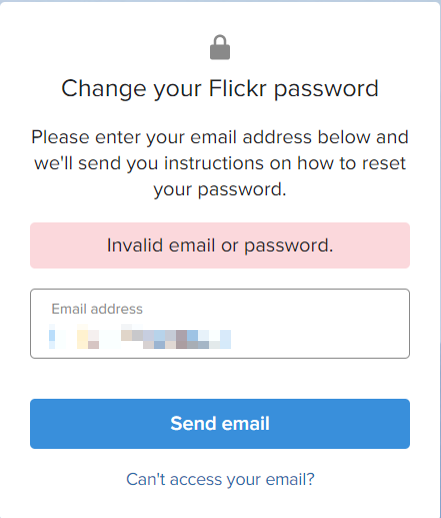
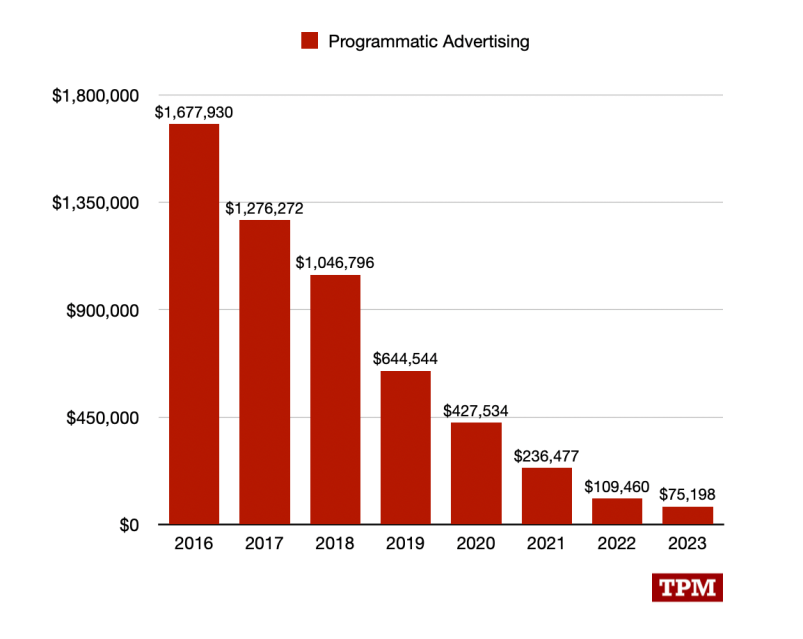
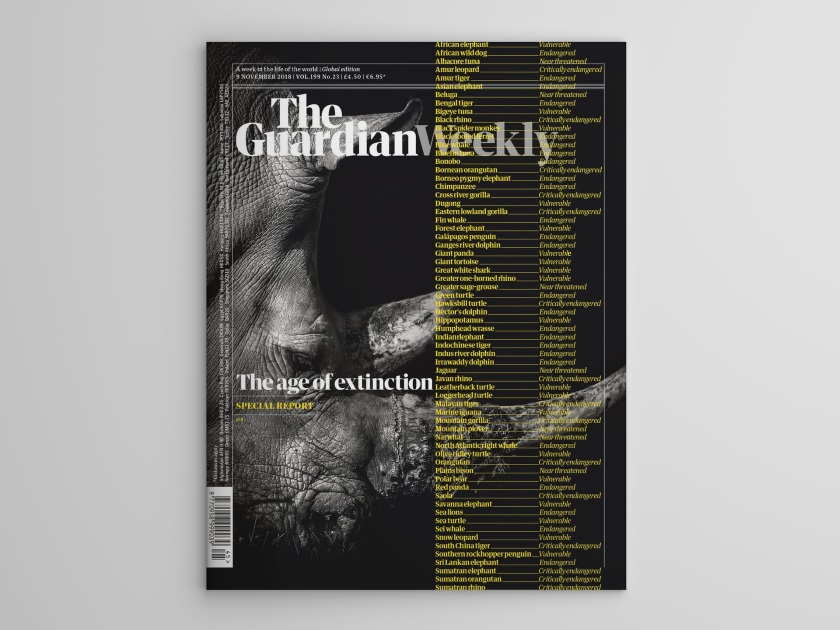


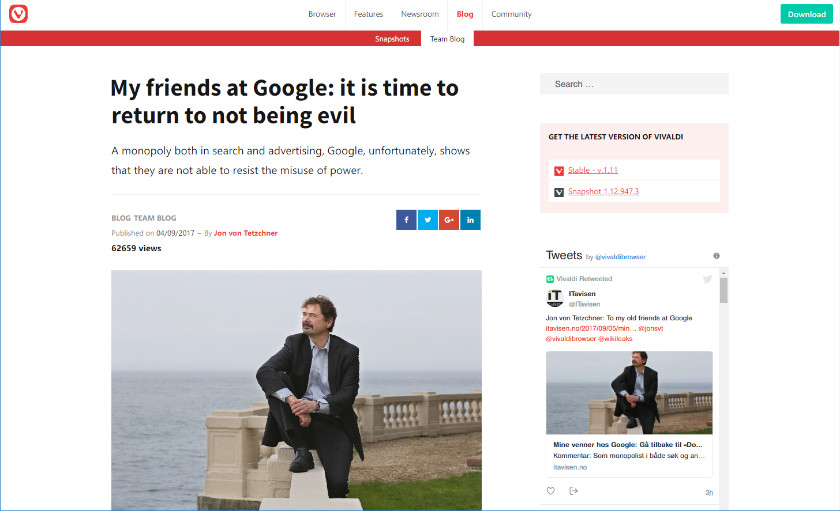
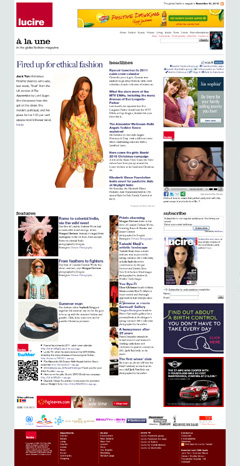
Duck Duck Go now supports bash shell expressions. For example, if I want to search the Internet Movie Database, I type !imdb and then my keywords. The exclamation point invokes the bash shell, the next argument dictates the search engine (in this case, imdb) and followed by whatever keywords I choose.
It’s not quite as intuitive as individual selections from the drop down Search Engine menu bar on the right hand side (both Firefox and Opera share this), but if I can remember the relevant abbreviations for the sites it supports, I don’t need to add more menu items, but have DDG do the work for me. It won’t go directly to a specific URL entry, but the search hits will still be specific to the site I indicated.
It remains one of the default selections in Firefox bundled with the Linux Mint subdistribution, although Clem decided to have Yahoo be the main search default for reasons I don’t completely understand, especially as I think Yahoo is mishandling Flickr.